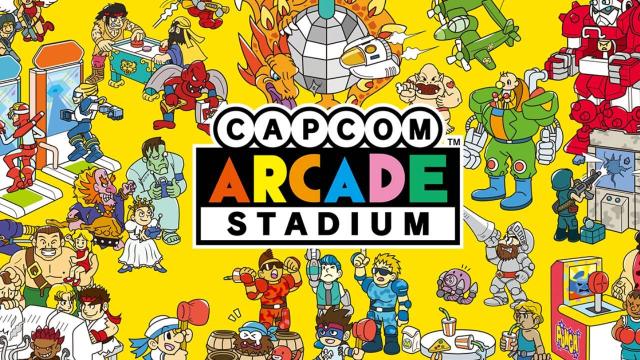The top five played games on Steam are the usual suspects, online multiplayer games, with one unusual exception. As of this writing, Capcom Arcade Stadium is the third most popular game on the Steam charts.
Originally reported by PCGamer, it’s not human players who are driving this retro hit on top of the Steam charts. According to the creator of unofficial Steam database SteamDB Pavel Djundik, bots are responsible. Since Steam trading cards hold real monetary value, there’s an incentive to accumulate lots of them. Steam is filled with automated bots that buy free games and idle in them for trading cards.
Capcom Arcade Stadium is an emulator that runs just one free game upon download: 1943 -The Battle of Midway. Additional paid packs are available, but none of the other games are from any later than 2001. It’s not the kind of game that many would expect to rank among PUBG and Dota 2. The Steam reviews suggest that the players enjoying the packs are buying them for nostalgic value.
The charts show that more than 400,000 “players” are hanging out in Capcom Arcade Stadium. Before the trading cards were added, the emulator averaged around 50 daily downloads in the last couple of months. The bots don’t seem to be enjoying the game very much, though. The emulator only averages roughly 14 minutes of playtime. Life Is Strange 2 also saw a massive download spike when the first episode became free on Steam.
While Capcom Arcade Stadium has been free since it was released on May 24 of this year, the game was updated with trading cards on November 11. Prior to the update, there was no incentive for bots to mass download the game. Or even human players, since the reviews were mostly negative. As one reviewer aptly put: “Thank you for the cards.”
